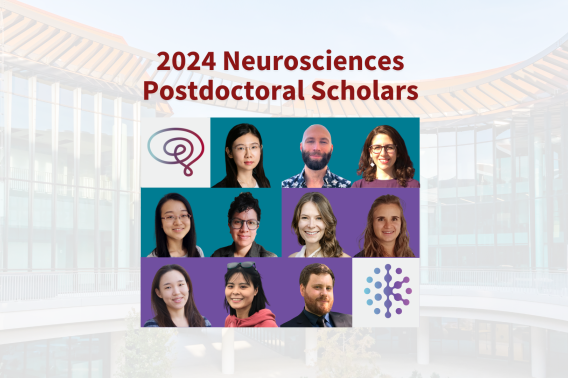Project Summary
The ability of an infant to distinguish caregivers from strangers is fundamental for survival early in life. Across many taxa, newborns use olfactory cues to recognize caregivers. Caregiver odors induce proximity-seeking behavior and alleviate stress in neonatal mammals, including humans. Since all altricial animals rely on parental care for survival and children with developmental disorders (e.g., fragile X syndrome and autism) often have deficits in the olfactory system, it is essential to understand the mechanisms for linking caregiver odors with affiliative behavior.
Our limited knowledge of this important mechanism is due to the lack of animal models with robust behavioral assays and technological limitations. To understand how caregiver odor valences are encoded in the brain, I propose to use social tadpoles (Ranitomeya imitator) that recognize their mothers by olfaction and beg them for food with a dance. These tadpoles are translucent making them ideal for in vivo imaging and display a robust behavior for easy quantification of parental recognition. Prior work indicates that exposure to kin odorants during development modifies the catecholaminergic circuitry in the brain and that newborns rely on this circuity for associative learning. I will use a combination of cutting-edge techniques to test the hypothesis that social exposure during development shapes the catecholaminergic circuitry underlying olfactory recognition. In Aim 1, I will test the role of catecholaminergic neurons in associative learning of olfactory cues and transcriptional signatures in the olfactory bulb. In Aim 2, I will identify projections of olfactory bulb neurons and measure the neuronal encoding of caregiver olfactory cues using in vivo imaging. Our results will provide novel insight into the olfactory mapping of parental odors and the neural circuitry underlying parental recognition in newborns.
Project Details
Funding Type:
Interdisciplinary Scholar Award
Award Year:
2024
Lead Researcher(s):
Team Members:

